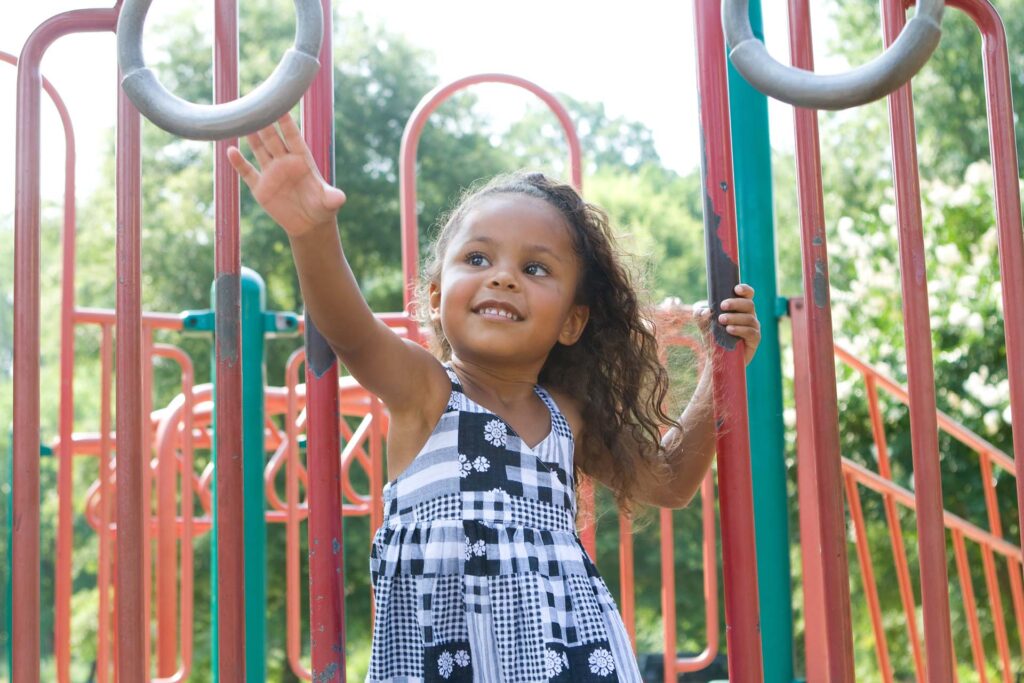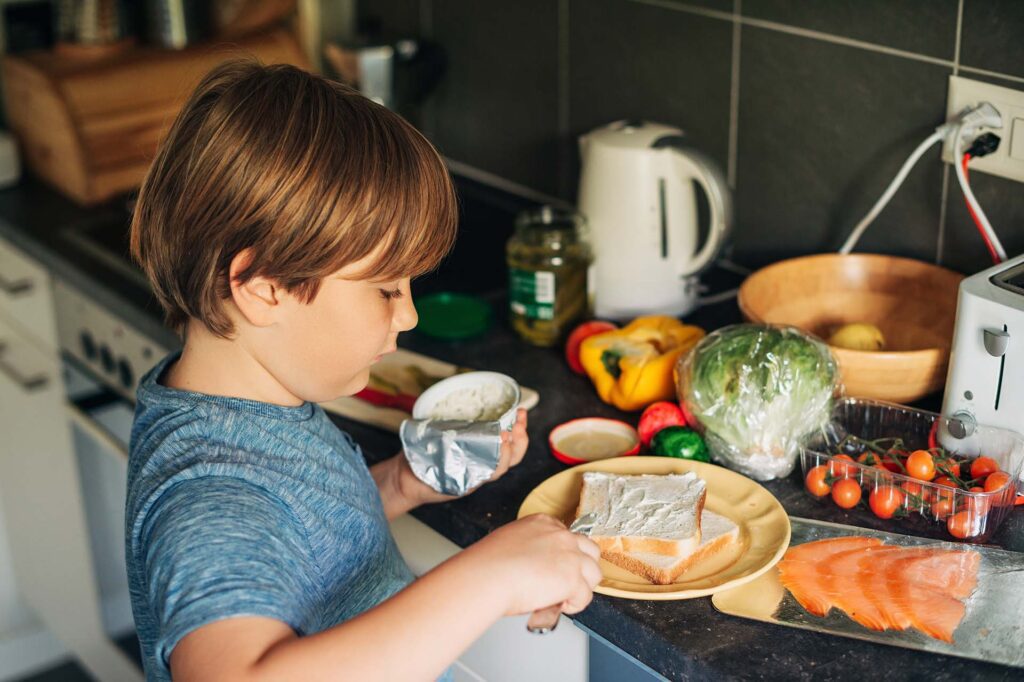
What is Independence-Focused Therapy?
Independence-Focused Therapy (IFT) is an effective treatment for children who struggle to do things on their own and for parents who find themselves constantly stepping in to help. IFT was developed by one of the partners at CBA, Dr. Camilo Ortiz and by one of our staff members, Dr. Matthew Fastman. Kids are asked to do fun and sometimes challenging tasks by themselves, and parents work with the therapist to manage their own thoughts, feelings, and behaviors while loosening the reins.
independence activities can include:
- Go for a walk around the neighborhood
- Climb a tree
- Ride a bike
- Build something
- Pick up groceries
- Run in the rain
- Cook something over a flame
- Attend an event
- Ride a public bus
- Go sledding
- Play sports at the park
- Go fishing
- Walk around with a blindfold
- Cut something open and see what’s inside
- Scooter
- Cut your hair
- Ride go-karts
- Go to the movies
- Fly a kite
how ift can help
benefits of independence-focused therapy
for kids
- Reduced anxiety, fewer fears
- Greater self-confidence
- Increased resilience, bravery, and toughness
- More grown-up responsibilities
- Opportunities for creativity and fun!
for parents
- Greater confidence in your child
- More free time
- Less anxiety
Source: Let Grow Independence Challenge

IFT is Comprised of Four Parts
The Value of Independence
Some independence is essential for kids! Here, we discuss why independence is so important for kids, and why kids are getting less of it. Why is it so hard to ‘let them go to let them grow’?
Planning Independence Activities
This part is all about brainstorming and planning ‘independence activities (IAs).’ IAs are fun but challenging tasks for kids that involve a mild risk of discomfort or danger. They are unstructured and performed without any help from parents or teachers. Your child will be actively involved in choosing and planning the IAs and will be encouraged to creatively brainstorm and determine tasks that are fun and appealing. Your child will be asked to complete at least one IA at home per day after this session.
Refining and Problem Solving
After kids get some practice with IAs, we ask: What changes can parents and children make to increase the power of IAs? Are there any obstacles to the successful completion of IAs, and what can we do about them?
Managing the future
At the end, we think about life after treatment and plan to ensure continued independence practice in the child’s life.

independence-focused therapy works
A recent study published in the Journal of Anxiety Disorders (authored by us!) demonstrates the effectiveness of IFT.
IFT was developed in collaboration with Let Grow. Let Grow’s school- and home-based programs help kids increase their independence, and they have gathered many real-life stories showing how helpful and exciting this can be!
Source: Let Grow Independence Challenge
frequently asked questions
faqs
IFT sounds like it would help my child, but wouldn’t it be irresponsible of me to leave them unsupervised in the world?
Check out the facts and research on child safety, risk, and crime. Chances of the some nefarious stranger taking your child are almost nil. Alarming stories catch your attention and sell quite well, but they are overwhelmingly exaggerated by the media. Watching your kids succeed will help you understand this!
Why would my kid agree to this? They’re too anxious!
Since kids get to choose the activities they do, they feel like a true collaborator in treatment. We want them to choose fun, acceptable activities so that they feel motivated to actually do them. Plus, kids have inherent developmental desires to be more independent—we will help them consider all of the cool new responsibilities that may come with more independence!
Will other parents judge me for giving my kid this freedom?
It’s possible, but that judgment would come from an unsupported, reactionary viewpoint. Letting your child be more independent is a research-backed idea, so you can feel confident knowing you are doing the right thing. We will support you through this during treatment.
Will my child get hurt?
All kids have the potential to get hurt when playing. There’s a little bit of risk in a lot of everyday activities that all kids must learn to navigate. We will work with you to ensure your child’s safety as much as it makes sense to, but mild danger is an important ingredient of this treatment. We will keep in mind your child’s physical and developmental limitations, teach them coping skills to help manage difficult emotions, and prepare them to handle tough situations on their own.
